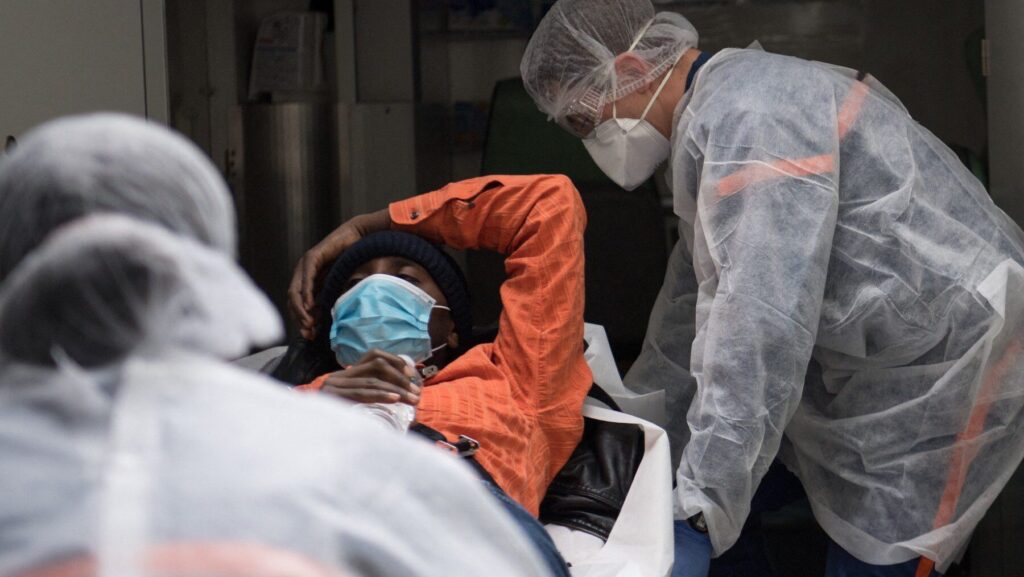In a televised announcement, France’s new interior minister, Bruno Letaillot, intends to reform medical aid (AME, or national medical aid). The system, which provides care to migrants, including illegal ones, costs the French state more than €1 billion a year. Since they cannot rely on a parliamentary majority, they intend to use the regulatory route. That alone may not be enough to be successful.
State medical aid covers approximately 500,000 people each year. The estimated annual cost is 1.2 billion euros, but according to Le Figaro, this is a low estimate because much of the spending that actually falls under AME is not accounted for under this line item. According to the calculations of the parliamentarian responsible for the parliamentary report on state aid published in spring 2023, at least 500 million euros will need to be added to this budget. This includes, for example, specific content. Medical costs borne by foreign nationals in Mayotte Islands and medical costs borne by immigrants held in administrative detention centers pending deportation.
Looking at the numbers in the report, questions remain. According to the report, 80% of applications to AME come from people who have been in France for more than three years. The “average basket” of health spending per person is estimated to be more than 2,800 euros per year. In 20 years, the number of AME beneficiaries has increased by 134%.
AME was founded in 1999 by Lionel Jospin’s socialist government. At that time, immigration flows were far from the levels seen today. Today, the fiscal burden represented by this aid can no longer be justified, and AME is now singled out by the right as a key budget item to be cut to support the state’s desperate efforts to rein in public spending. This is also the reason why.
But for some, AME has acquired an almost sacred status. Touching on this would not only be tantamount to questioning the idea of France as a country of asylum, but also potentially denying medical care to immigrants who may have serious illnesses. , poses a serious health risk to the entire French population.
Retailleau has been unable to obtain a legal repeal and is seeking regulatory measures to reduce spending on AME. One possibility is to reduce the scope of covered care. The problem is that decision-making authority in this area lies with the Ministry of Health, not the Ministry of Home Affairs. However, the Minister of Health has resisted any reform of the AME. The Prime Minister will therefore have to arbitrate between these conflicting priorities, even though he was in favor of a complete abolition of AME when he was considering a presidential bid.
Another solution could be to reintroduce provisions aimed at regulating AMEs through legislation. These provisions were originally included in the immigration law passed in December 2023 under the leadership of former minister Gerald Darmanin. At the time, the Senate successfully enshrined into law a proposal to transform AME into Emergency Medical Assistance (AMU). Focus on the most serious situations. However, most of them were rejected by the Constitutional Council on purely formal grounds.
The Senate is already working on a new article with common-sense amendments to oversee and limit AME without symbolically abolishing it. For example, the Senate report states that in order to prevent spouses, domestic partners, etc. from taking unfair advantage of benefits by taking advantage of the rights of lucky beneficiaries, the It is recommended that children should be reserved for minor children only. Another common sense approach is to combat fraud through increased scrutiny of eligibility criteria and rigorous identity checks.
Computerization of recipient cards can also be very effective in preventing certain types of fraud. Similarly, the report proposes “excluding people deported on public order grounds from AME benefits.”
Reading these recommendations, it is difficult to imagine why they have not already been applied. AME reform will be a great test for the Home Secretary and his ability to materialize a change of direction on immigration.

